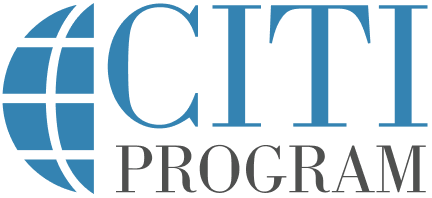This course provides essential training for those working with cellular and tissue-based products in the cell, gene therapy, and biologics industry. It explains the regulatory background of cell therapy products by detailing the U.S. Food and Drug Administration’s (FDA) regulations at 21 CFR 1271. The course describes what current Good Tissue Practices (cGTPs) are and how they apply to donor eligibility, quality programs, and deviation and adverse event reporting.
Language Availability: English
Suggested Audiences: Academic Medical Centers, Blood and Tissue Banks, Faculty, Principal Investigators (PIs), Sponsors, Students
Organizational Subscription Price: $675 per year/per site for government and non-profit organizations; $750 per year/per site for for-profit organizations
Independent Learner Price: $99 per person

